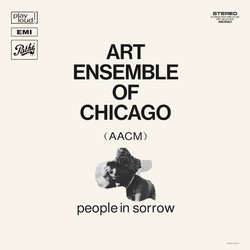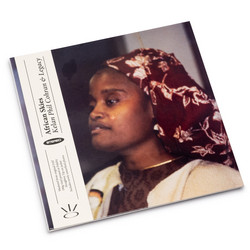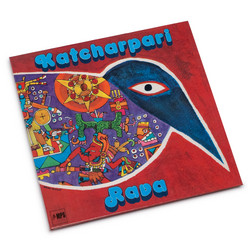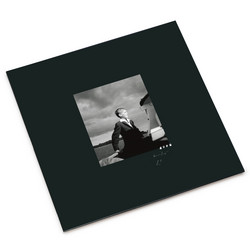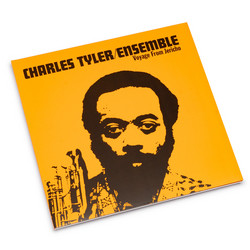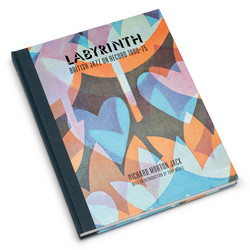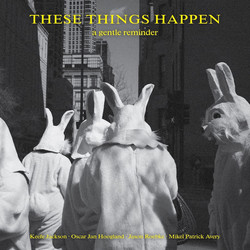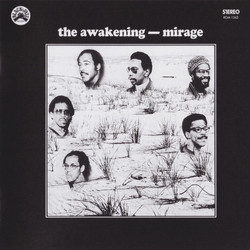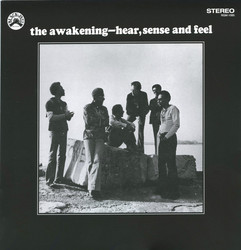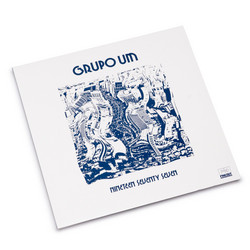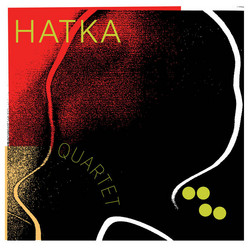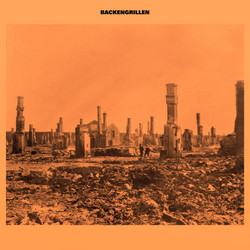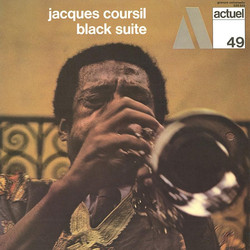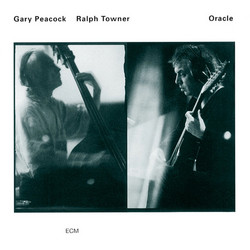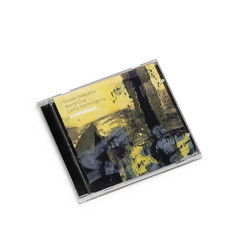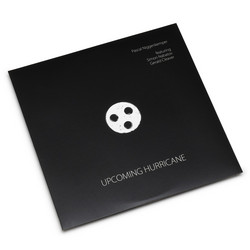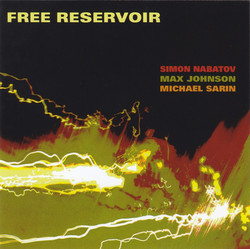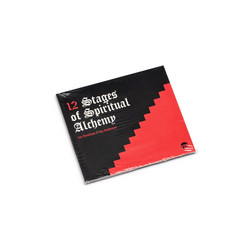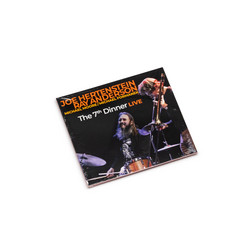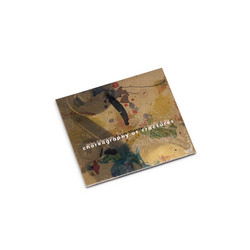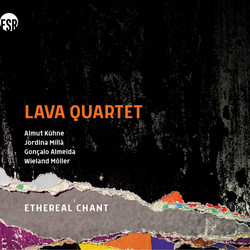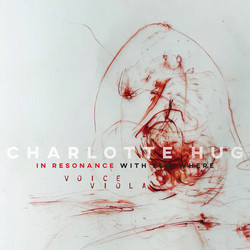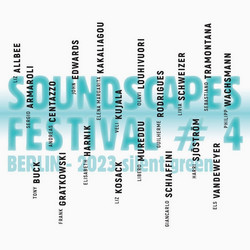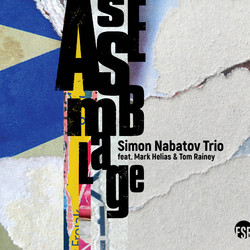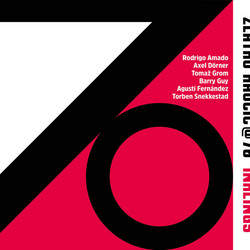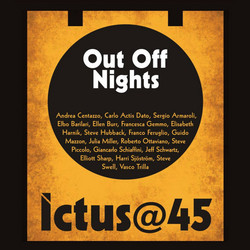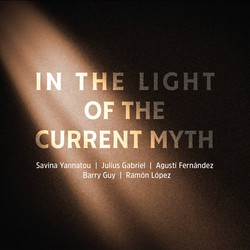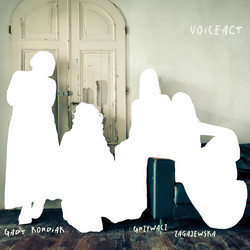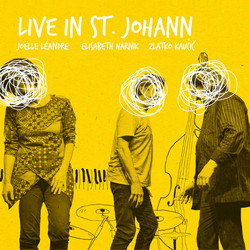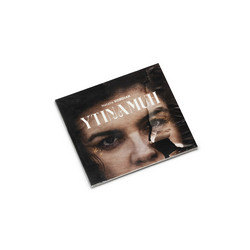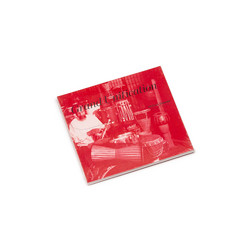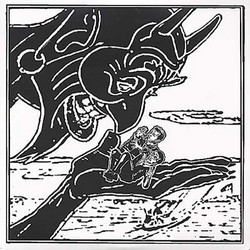Simon Nabatov has undertaken one of the most unusual projects in contemporary music, an intense scrutiny and setting to music of modernist Russian literature, much of it taken from the years of Stalinist censorship, repression and imprisonment. For 25 years, beginning with Josef Brodsky’s Nature Morte, he has set text in partially improvised settings, including excerpts from Isaac Babel’s grim Red Cavalry and poems by Daniil Kharms and the Gileya group. Along with that largely poetic enterprise, Nabatov has had a distinct relationship with the novelist Mikhail Bulgakov, beginning with a purely instrumental account of The Master and Margarita, one of the 20th century’s greatest novels. It’s joined now by similarly instrumental versions of Bulgakov’s earlier, shorter satires of the 1920s, The Fatal Eggs and Heart of a Dog. It’s as if Nabatov is turning the Bulgakov novels into a different order of text, a musical code that liberates, reenacting the novels in a radically different form.
Nabatov’s work speaks to us through the resemblance of Bulgakov’s world to our own, and the writer’s ability to turn messy horror into structured farce. Nabatov’s music is a language of dreams created to explore the quotidian, just as were Bulgakov’s novels. With these themes, the music will dream inside and outside itself; forms, melodies, bodies of meaning then drift into and through one another, whether toxic winds or fluffy clouds, recombining in revelations. Nabatov’s music transmutes historical time, embracing narratives that move back and forth between reason and absurdity, science and farce, good and evil. His motifs and materials are fluid, assuming a life of their own, perfectly apt for a literature of double talk, constraint created to escape censure.


